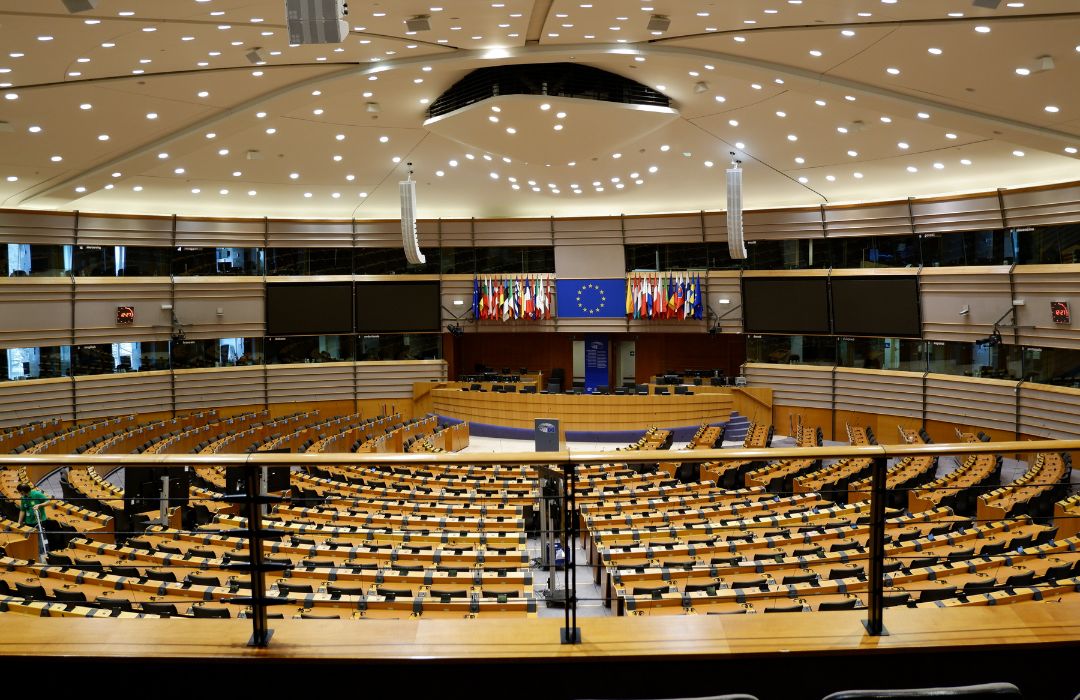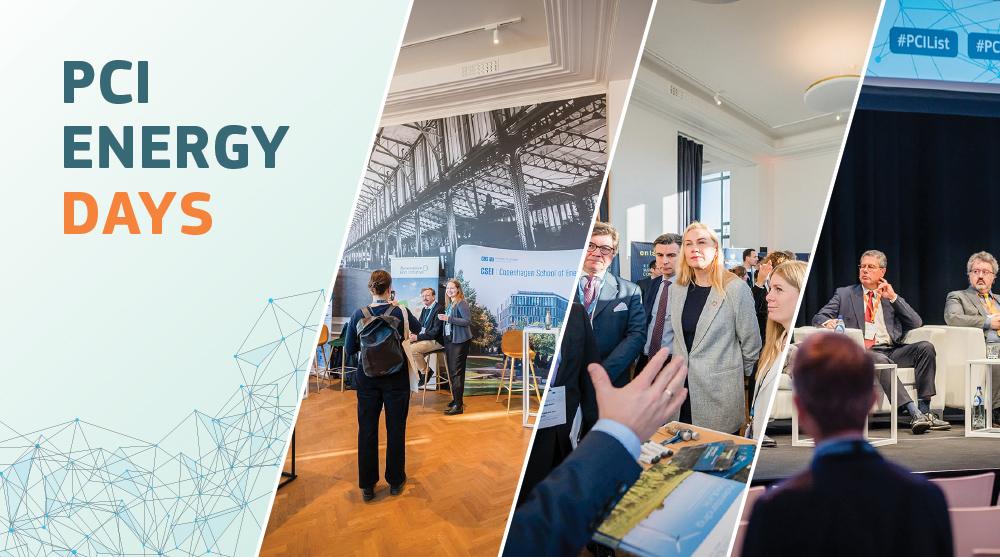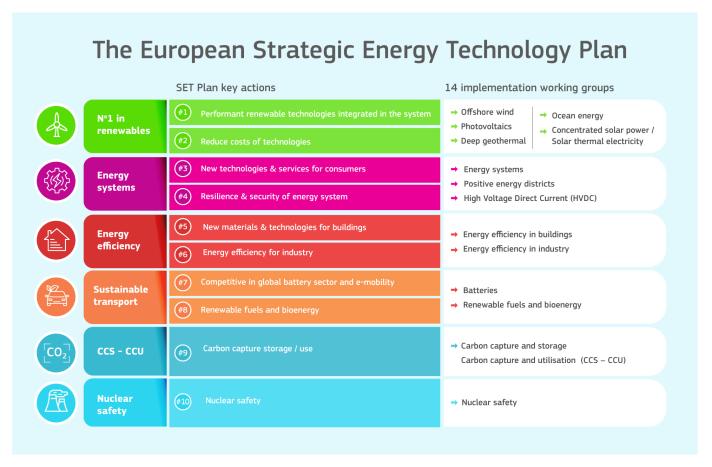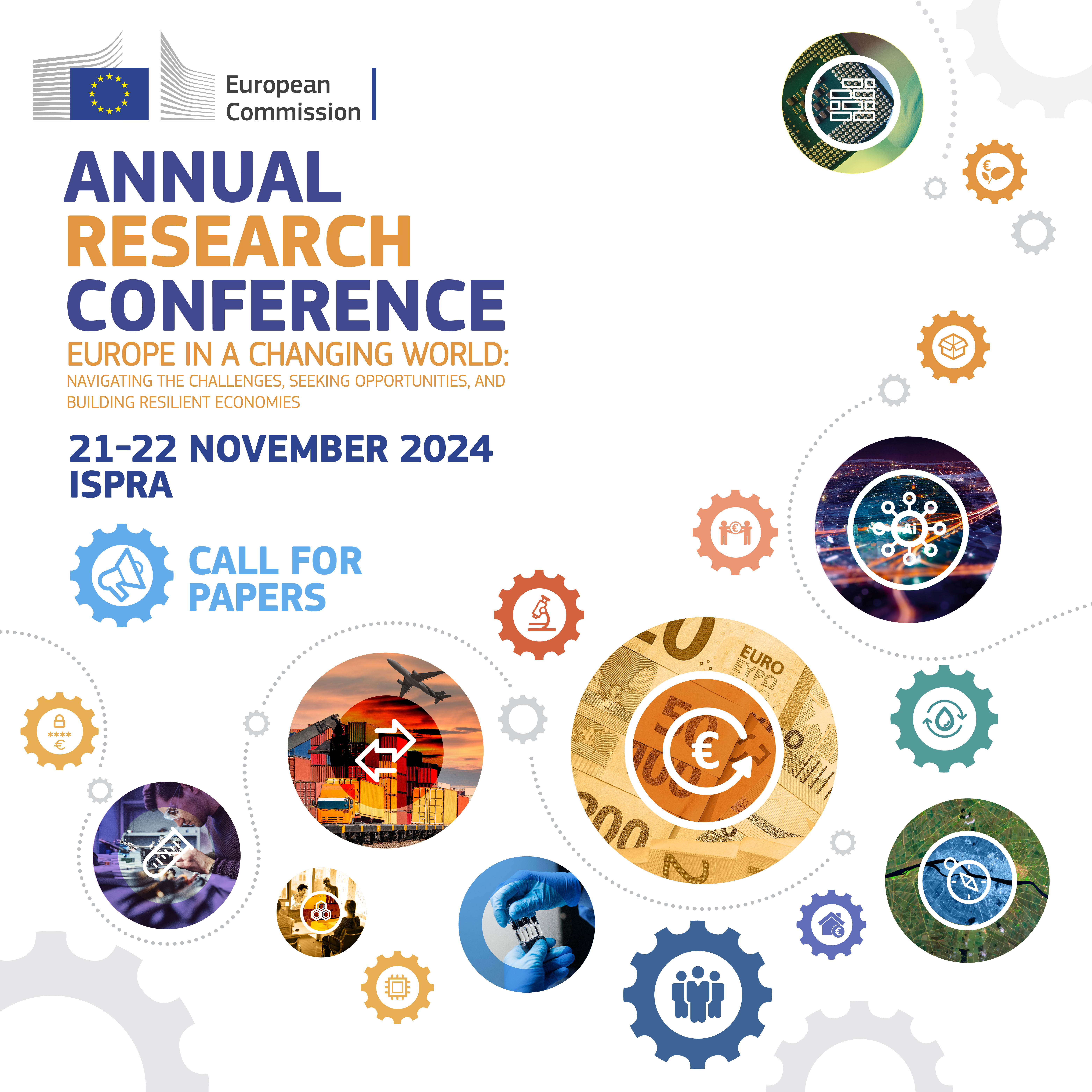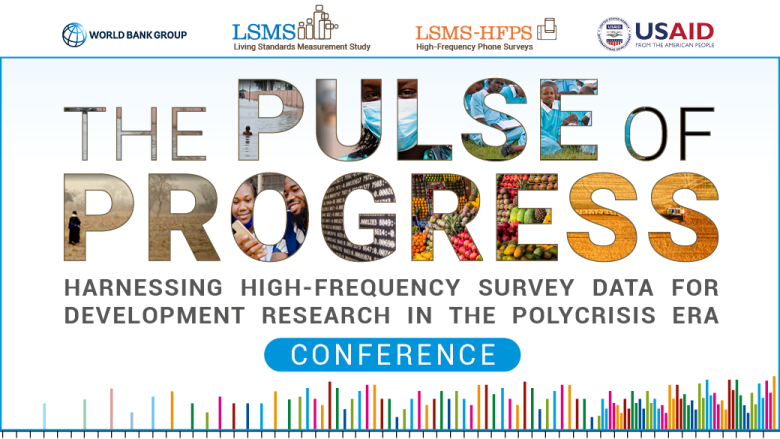The JRC Summer School on Sustainable Finance aims to bring together researchers, practitioners, and policymakers to discuss recent developments and innovations in the field of sustainable finance. The School exposes researchers to the most demanding issues that the industry is facing and helps them produce policy-relevant research. At the same time, it provides independent scientific advice to policy, reaffirming the crucial role of research in informing policymaking.
The School operates in a context where policy actions to combat climate change are gaining momentum, and the analysis of climate-related financial risks matures: thus, experts are starting to shift their focus towards risks that are more broadly associated with nature, such as riks stemming from environmental degradation and biodiversity loss, and the links between sustainability and digital technologies.
While continued global disruptions and geopolitical crises may become bumps in the road to a sustainable economy, digital technologies have huge potential in the context of the green transition. There are also increasing opportunities to amplify sustainable finance in emerging and developing economies, despite their limited financial resources and infrastructure. Yet, there is a pressing need for tools and analyses to evaluate relevant risks and their consequences. This includes, for example, the practical execution of stress tests that should investigate environmental risks more broadly, by considering value chains, macro-financial feedback loops, and secondary effects. Finally, the integration of the social and governance dimensions into mainstream financial decision-making remains notably inadequate.
The Summer School welcomes a broad audience, including scientists, policy officers from public and international institutions, and private-sector experts specializing in sustainable finance. To encourage interdisciplinary collaboration and the development of science-based policy, the program will include both academic sessions and policy-oriented lectures.
For the 2024 edition, submissions are closed: the deadline for submitting papers was on the 15th March 2024.
The Summer School and the social dinner are free of charge upon registration.
The School also offers free visits to the Nuclear Safeguards, Security and Standardization Laboratory (INS3L), the European Crisis Management Laboratory (ECML) and the European Microwave Signature Laboratory (EMSL). Attendees are responsible for their travel and accommodation expenses. The JRC will provide practical assistance in booking reasonably-priced accommodation in the local area and arrange local transportation.
This year's Summer School will again be a hybrid event, accessible both online and in person at the JRC's premises in Ispra, Italy. Nestled in a picturesque location near Lake Maggiore, the JRC Ispra campus is a leading research hub, boasting state-of-the-art laboratories and research facilities.
Prof. Andreas G. F. Hoepner
For the European Commission - Joint Research Centre:
